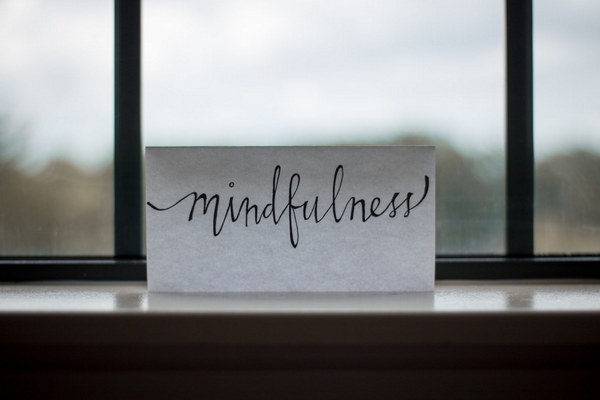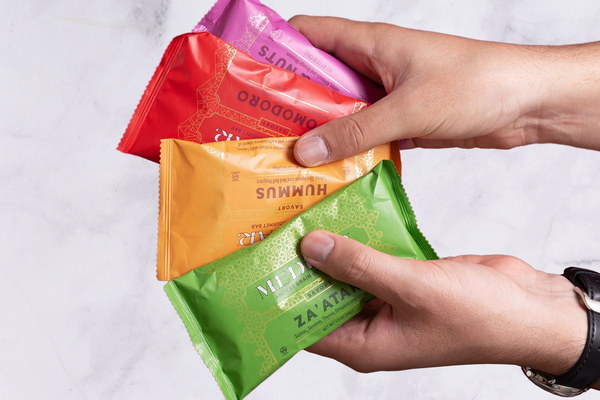Harmonizing Qi Nourishing Yin and Soothing the Liver A Holistic Approach to Wellness
In the realm of traditional Chinese medicine (TCM), the concept of harmonizing the body's internal systems is paramount. One such principle is the integration of Yi Qi, Yang Yin, and Rou Gan, which translates to Nourishing Qi, Yang Yin, and Soothing the Liver. This holistic approach aims to restore balance within the body, promoting overall health and wellness. Let's delve into the essence of this concept and explore its practical applications.
Understanding Yi Qi, Yang Yin, and Rou Gan
Yi Qi refers to the vital energy that flows throughout the body, supporting various physiological functions. It is the essence of life and is essential for maintaining a healthy body and mind. Yang Yin, on the other hand, pertains to the balance between the body's Yin (cool, moist, and inward) and Yang (hot, dry, and outward) properties. This balance is crucial for maintaining harmony within the body and preventing disease.
Rou Gan, or soothing the liver, is a therapeutic strategy that focuses on calming the liver and addressing its associated imbalances. The liver is responsible for regulating emotions, maintaining blood circulation, and ensuring the smooth flow of Qi throughout the body. When the liver is out of balance, it can lead to a range of issues, including stress, irritability, and even physical symptoms like pain or discomfort.

The Benefits of Harmonizing Qi, Yin, and Liver
By harmonizing Qi, Yin, and the liver, individuals can experience numerous benefits:
1. Enhanced Energy Levels: Nourishing Qi ensures that the body has sufficient energy to carry out its daily functions. This can lead to increased vitality and a more robust immune system.
2. Emotional Well-being: Soothing the liver helps alleviate stress and irritability, promoting a sense of calm and emotional balance.
3. Improved Digestion: A balanced liver supports optimal digestion, reducing the likelihood of digestive issues like bloating, constipation, or diarrhea.
4. Enhanced Sleep: By addressing liver imbalances, individuals may experience improved sleep quality, leading to better overall health and well-being.
5. Reduced Risk of Disease: The harmonization of Qi, Yin, and liver helps maintain a balanced internal environment, reducing the risk of various diseases and promoting longevity.
Practical Applications of Yi Qi, Yang Yin, and Rou Gan
To achieve a harmonious balance of Qi, Yin, and liver, there are several strategies one can adopt:
1. Diet: Incorporating foods that nourish the liver and Qi, such as green vegetables, nuts, and seeds, can help maintain balance. Additionally, avoiding overly spicy, greasy, or fried foods can reduce the burden on the liver.
2. Herbs and Supplements: Traditional Chinese herbs like dandelion, milk thistle, and chrysanthemum can support liver function and promote Qi and Yin balance. Consult with a qualified practitioner before starting any new supplement regimen.
3. Acupuncture: Acupuncture can help soothe the liver and improve Qi flow, leading to a more balanced internal environment.
4. Mindfulness and Meditation: Practices that promote relaxation and emotional balance, such as mindfulness, meditation, and deep breathing exercises, can help soothe the liver and support overall wellness.
5. Regular Exercise: Engaging in moderate exercise, such as walking, yoga, or tai chi, can help maintain a healthy liver and support Qi and Yin balance.
In conclusion, harmonizing Qi, Yin, and the liver is a fundamental principle of traditional Chinese medicine that can lead to a more balanced and healthy life. By incorporating these principles into daily routines and seeking appropriate therapeutic interventions, individuals can achieve a state of equilibrium and well-being.









